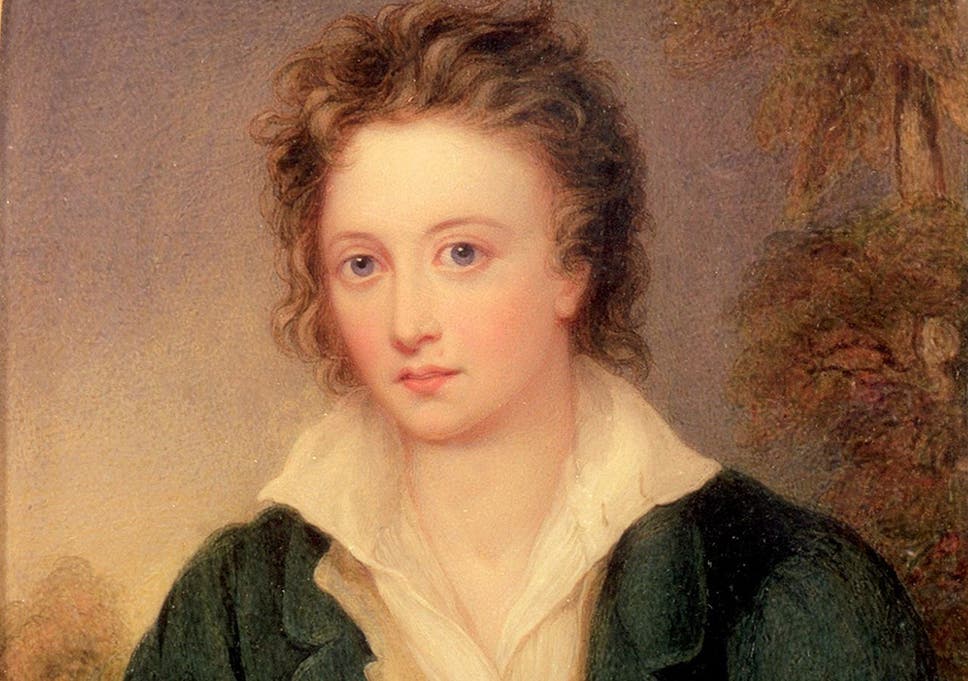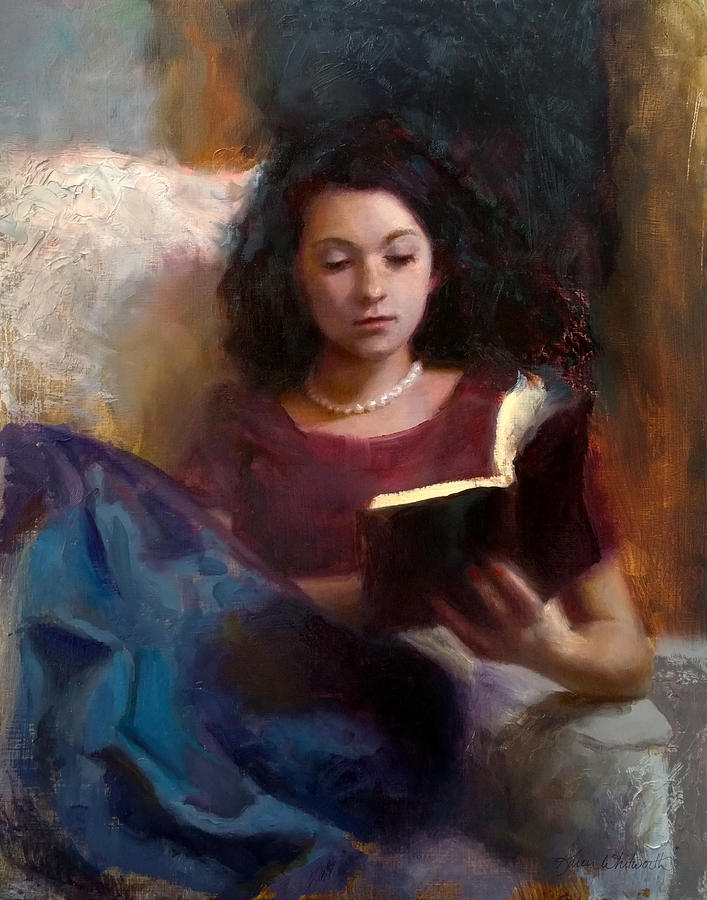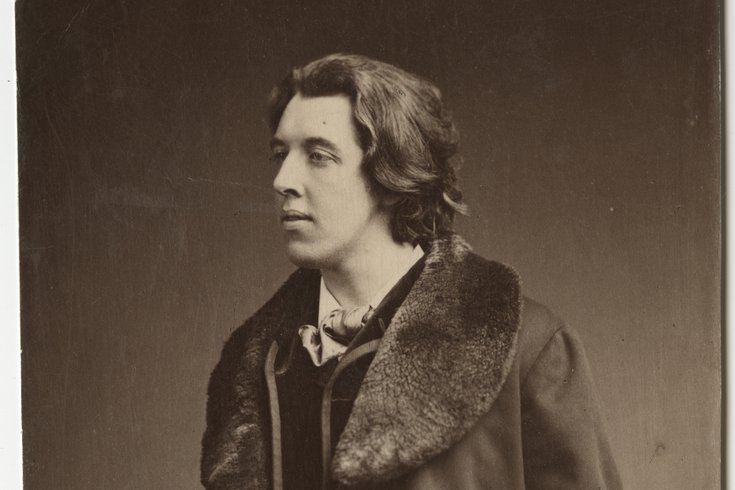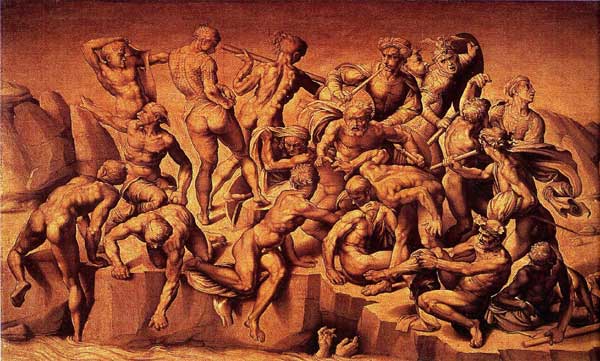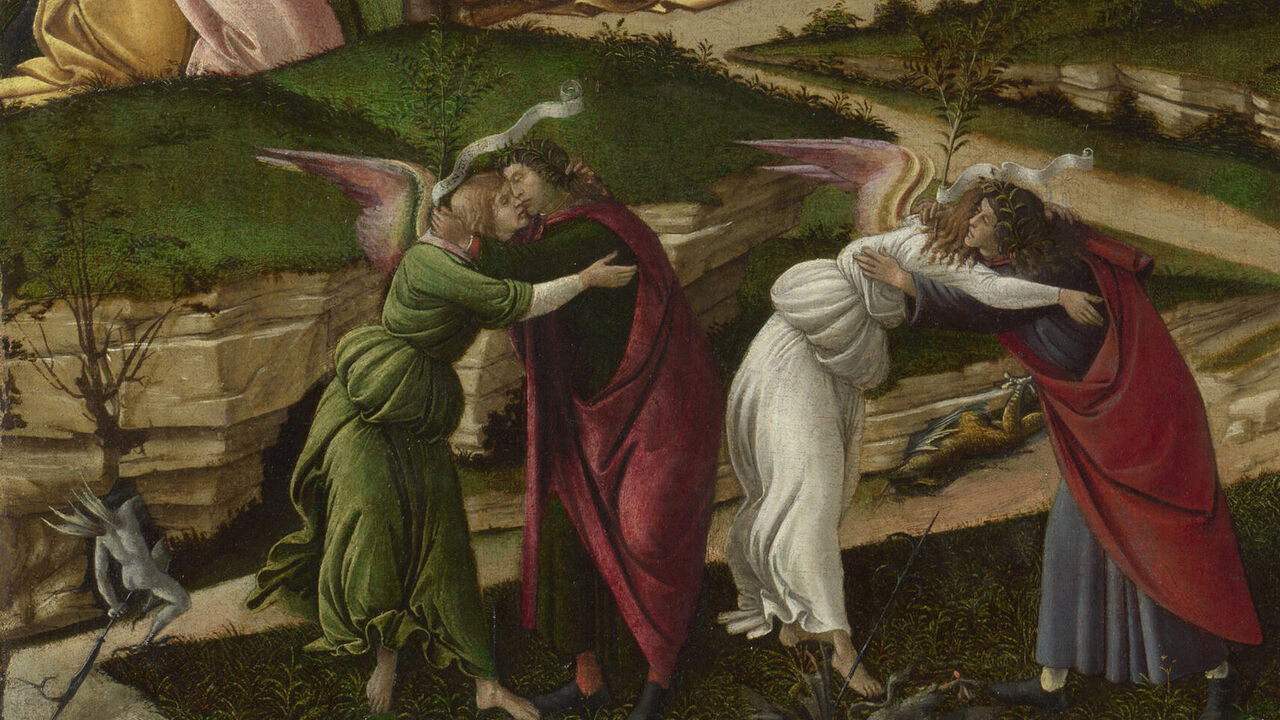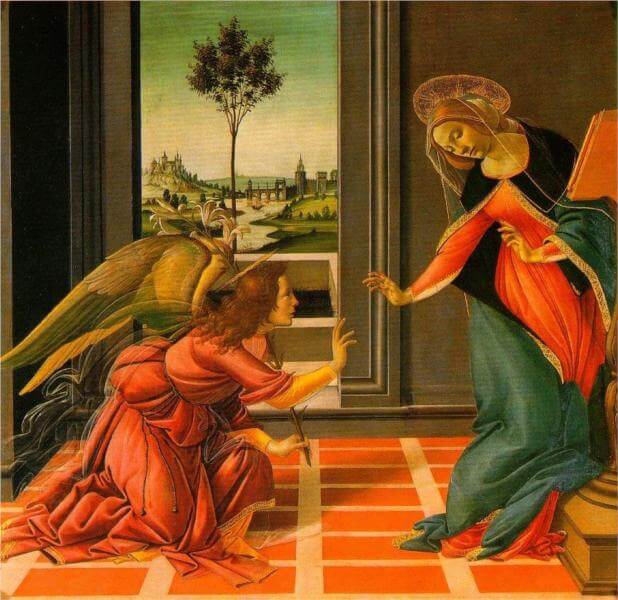
Paul McCartney, lead-off hitter for the London Carriages, has 6 home runs.
EMPEROR DIVISION
The Rome Ceilings have outscored their opponents 84-49 at home—holding them to 2 runs per game, as their spacious outfield, (as big as the Colosseum) and fleet center fielder Edmund Spenser, gobbles up would-be home runs; Milton, Dryden, Ariosto (7-2) and Augustine, with Bach in the bullpen, is all pitching coach Marco Polo, and manager Cardinal Richelieu need. If the Corsica Codes are going to catch the Ceilings, they’re going to have to pitch better, and play better on the road. In his last 5 starts, no. 3 starter Hesiod is 0-5. Victor Hugo (2B) and W.H. Auden (SS) are hitting a ton, but Napoleon’s infield (Callimachus 1b, Derek Walcott 3b) leads the league in errors. The Madrid Crusaders have to be happy that Mary Angela Douglas played so well filling in for Saint Ephrem at shortstop—Douglas, Aeschylus, and Bradstreet were a murderer’s row from late May to early June. St. John of the Cross and Handel have pitched really well recently. But the big news: Cervantes, the Crusaders manager, has met with Mozart and Beethoven—if either one of these join the Crusaders pitching staff, all bets are off. The Paris Goths (22-26) are out of contention because of one starter—Baudelaire is on a 9 game losing streak; the ‘cursed’ pitcher has had poor run support (10 runs in his last 7 starts). The Goths’ position players have been dogged by injuries; Tasso and Holderlin, tied with the 3rd most homers on the club, began the year on the bench. Manager Schopenhauer might put Baudelaire in the bullpen for a spell and use newly acquired Goya as a starter. The Rimini Broadcasters, at 22-26, in last place with the Goths, need to decide what to do with George Orwell, who pitched well for the damaged Samuel Coleridge—who is now healthy. The Broadcasters need pitching help (Ben Jonson, their no. 2 starter, has been lackluster) and are close to signing Lacan, Gurdjieff, Frida Kahlo, or Salvador Dali. Nero, the Broadcasters manager, has spoken to all of them.
Standings
Ceilings Pope Julius II, 31-17 “They also serve who only stand and wait”
Codes Napoleon Bonaparte 25-23 “Let the more loving one be me”
Crusaders Phillip II of Spain 24-24 “If in my thought I have magnified the Father above the Son let Him have no mercy on me”
Broadcasters Federico Fellini 22-26 “Pleased to meet you, hope you guess my name”
Goths Charles X 22-26 “Every great enterprise takes its first step in faith”
WINS
Chateaubriand Goths 7-2
Ariosto Ceilings 7-2
Handel Crusaders 6-2
Milton Ceilings 6-4
Homer Codes 5-3
Hegel Codes 5-3
Nabokov Broadcasters 5-4
Aquinas Crusaders 5-5
Relief
Bach Ceilings 5-2
GLORIOUS DIVISION
The first place London Carriages swept the Laureates in Dublin—as Virginia Woolf and Charlotte Bronte combined to throw a 4-0, 11 inning shut out, and William Hazlitt beat Samuel Johnson in a 2-1 pitching duel. When the Laureates tried to repay the favor, and beat the Carriages 3 out of 4 in London; Virginia Woolf avoided the sweep, out-pitching Thomas Peacock 2-1. The Carriages (27-21) swept the Florence Banners (25-23) when they first visited London, Andrew Marvell beating Dante 5-0. The second time the Carriages hosted the Banners, they lost 3 out of 4 to de Medici’s club, as Virginia Woolf prevailed over Shelley, 3-2. That’s the difference between the first three teams. The Devon Sun would be in last place, except John Ruskin won 5 straight replacing the injured J.S. Mill, Bertrand Russell is 5-1 in relief, and William Wordsworth hit some clutch homers. The Sun are tied with the Pistols, who they beat 23-18 and 27-3 in Berlin; however, the Pistols have beat the Sun 6 out of 8 since then. T.S. Eliot finally began winning (5 straight, 2 shutouts) a cursed Pound was sent to the bullpen, and the Pistols enjoyed a power surge from Ted Hughes, John Quinn, and Alistair Crowley.
Standings
Carriages Queen Victoria 27-21
Laureates Nahum Tate 25-23
Banners de Medici 25-23
Pistols Eva Braun 22-26
The Sun PM John Russell 22-26
WINS
Andrew Marvell, Carriages 7-2
Percy Shelley, Banners 7-4
Jonathan Swift, Laureates 6-1
William James, Pistols 6-2
John Ruskin, Sun 5-1
Leonardo da Vinci, Banners 5-2
Virgil, Banners 5-4
Virginia Woolf, Carriages 5-6
T.S. Eliot, Pistols 5-7
Santayana, Pistols 4-4
Samuel Johnson, Laureates 4-4
Dante, Banners 4-5
Emerson, Sun 4-6
Relief
Bertrand Russell, Sun 5-1
Livy, Laureates 5-1
SOCIETY DIVISION
The Boston Secrets have 10 wins in relief, while starters Plato and Pushkin have excelled; starters Poe and Moliere have been disappointing, and the Secrets haven’t exactly knocked the cover off the ball, but defense, and coming out on top in close contests, find Ben Franklin’s team solidly in first. No other team in the Society Division is playing over .500—the Connecticut Actors (24-24) are relying on Byron (6-0 in his last 8 starts) Chaucer (3 shutouts), and Thomas Nashe (12 home runs) and not much else. The Manhattan War need Shakespeare to pitch better, but he has won 5 games, and has been out-dueled a couple of times; he’ll be fine. Stephen Crane is the only one really hitting for the War. Philip Sidney (4 home runs) has been playing hurt (foot). The Fairfield (Connecticut) Animals are tied with the War, and scoring runs is even more of a problem for them—Wallace Stevens, their clean-up hitter, has only 5 home runs. Seamus Heaney, their leader, has 8. P.T. Barnum’s club is scoring enough for Amy Lowell—she has one of the best records in the league. Herman Melville has been a study in futility, however. He’s 1-9. The Virginia Strangers are losing close games; Lovecraft is not scaring anyone in relief; Camus is 2-8; Pope, their ace, is 5-4. Rimbaud, Rabelais, and Roethke are providing pop. Manager Bram Stoker is talking to Luis Bunuel and Jean-Luc Godard about helping the Strangers bullpen.
Standings
The Secrets Ben Franklin 29-19
The Actors Harvey Weinstein 24-24
The War J.P. Morgan 23-25
The Animals P.T. Barnum 23-25
The Strangers David Lynch 21-27
WINS
Plato, Secrets 8-3
Amy Lowell, Animals 7-1
Walter Scott, War 6-2
Byron, Actors 6-3
Remarque, War 6-4
Verne, Animals 6-5
Pushkin, Secrets 5-1
Chaucer, Actors 5-3
Pope, Strangers 5-4
Nietzsche, Strangers 5-4
Shakespeare, War 5-4
Petronius, Actors 4-3
Hume, War 4-6
Relief
Lovecraft, Strangers 4-1
Shirley Jackson, Animals 4-1
PEOPLES DIVISION
The Kolkata Cobras were not happy when Tulsidas agreed to play right field with Lorenzo de Medici’s Ceilings, but the Cobras have done just fine without him, depending heavily on the 20th century and English. Ramavtar Sarma and Acharya Shivapujan Sahay were just added to the bullpen, to help Kabir Das, Nissim Ezekiel, Krishnamurti, Faiz A. Faiz, and Raja Rao, as manager Rupi Kaur and pitching coach V.S. Naipal struggle to find the right combination there. Herman Hesse is 3-5 as the fourth starter, but Rumi, Tagore, and Gandhi are a combined 21-7. Javed Akhtar, Vikram Seth, George Harrison, and Anand Thakore have combined for 145 RBIs, while Samar Sen and Allen Ginsberg have scored 55 times at the top of the order. The Beijing Waves, in second place, are 17-7 at home, with Lao Tzu as a starter and Confucius in relief, their top hurlers. Khomeini in the bullpen, and Voltaire and Rousseau as starters, have been big disappointments. Ho Chi Minh, Lenin, Engles, and Lu Xun are in the mix in relief. Jack Dorsey, the Waves manager, is at his wit’s end trying to find pitching for Chairman Mao’s team. Li Po, Tu Fu, and Karl Marx are hitting well in the middle of the order, but they need more from Brecht, Li He, and Neruda. The Santa Barbara Laws are playing much better away from home than the Waves, and are tied with them for second place, as John Donne and Thomas Hardy lead the Laws in homers. The good news for the 25-23 Laws is the recent performance of 3 of their starters—Aristotle, Francis Bacon, and Oliver Wendell Holmes are all 4-1 in their last 6 starts. Quintilian has been added to help Mark Van Doren in relief. The Tokyo Mist and the LA Gamers are the current bottom feeders in the Peoples Division. Yukio Mishima (6-4, 2.10 ERA) has been a pleasant surprise for the Mist, filling in for the injured Heraclitus as the no. 3 starter, and has certainly earned a spot on the team. Basho and Issa as starters, Kobe Abe and D.T. Suzuki in relief, have not been good. John Lennon, Hilda Doolittle, and Yoko Ono are not hitting in Tokyo, as the Mist have a terrible home record. The Mist are 4-12 against the Waves, but are playing .500 against everyone else. The Gamers are 1-7 against the Cobras. James Tate has started to win, but Derrida is 0-4 in his last 4 starts, and Democritus replaced the injured E.E. Cummings only to go 1-4. Lewis Carroll, the Gamers ace, has contributed to the slide, not able to win in his last 4 starts. Ionesco leads the Gamers with 11 homers. Manager Bob Hope is talking to both Woody Allen and Muhammad Ali about joining the bullpen. Merv Griffin is also trying to woo W.H. Auden away from Napoleon’s Codes in the Emperor Division. Auden, critically esteemed, yet a champion of Light Verse, would be an ideal fit for the Gamers. But Auden is leading his division in homers and seems to love playing in Corsica, so that move is doubtful.
Standings
The Cobras, Satyajit Ray 29-19
The Waves, Chairman Mao 25-23
The Laws, Dick Wolf 25-23
The Mist, Kurosawa 20-28
The Gamers, Merv Griffin 19-29
WINS
J. Rumi, Cobras 7-1
R. Tagore, Cobras 7-3
M. Gandhi, Cobras 7-3
Lao Tzu, Waves 6-2
Yukio Mishima, Mist 6-4
Lucretius, Waves 6-4
Oliver Wendell Holmes Sr, Laws 5-2
Yone Noguchi, Mist 5-3
Lewis Carroll, Gamers 5-5
James Tate, Gamers 5-5
Francis Bacon, Laws 5-6
Relief wins
Confucius, Waves 6-2
MODERN DIVISION
The Chicago Buyers have the best record in the whole league, even as Freud has stopped winning and their bullpen has not been effective. But Freud started out 5-0, and now the other 3 starters have taken over: in their last 6 starts, Whitman is 3-1, Twain is 4-1, and Paul Engle is 4-1. Elizabeth Bishop has more home runs than anybody (20), plus Dylan Thomas has 14, and Robert Lowell has 10. The Arden Dreamers have cooled after a hot start and now they’re in second place—under .500 and 9 games behind the Buyers. Margaret Atwood and Anais Nin have each won 5 for the Dreamers, but Germaine Greer is 2-6 in relief. Manager Averell Harriman would love Frida Kahlo and Diego Rivera to join their bullpen. Talks are underway. Run-scoring is not a problem for the Dreamers. Sharon Olds, Edna Millay, and Louis MacNeice have knocked in 129 runs between them. Bob Dylan (.311 batting average, 9 home runs) finally got hot for the Phoenix Universe, but manager Billy Beane knows they have to make a move, as they are 10 games out of first and not one of their pitchers has been outstanding. Steven Spielberg’s Universe is talking to everyone, including Jack London, Octavio Paz, and MLK Jr. The Manhattan Printers have been playing much better lately. John Updike is their home run leader with 14, and Duchamp and Marjorie Perloff have been on fire—Duchamp is 4-1 and Perloff is 5-0 in their last 7 starts; Stephanie Burt, and Mark Rothko, however, have been dismal; Burt is 0-4 in his last 6 trips to the hill, Rothko has not won in his last 5 outings. That leaves us with the Philadelphia Crash, 13 games out of first. The only bright spot is Pablo Picasso in relief (7-2). Allen Tate leads them with 8 homers. Walter Pater hasn’t won in 6 starts, John Dewey is 0-1 in his last 4, and their ace, John Crowe Ransom, has yet to notch a win. Manager Giorgio de Chirico and Henri Matisse are doing what they can to keep Ransom’s confidence up. The Crash lost Ransom’s first four starts by one run, and he was tossed for throwing at hitters in one of those close games. Pitchers Clement Greenberg and Roger Fry are said to be close to signing for the last-place Crash.
Standings
The Buyers John D. Rockefeller 32-16
The Dreamers Pamela Harriman 23-25
The Universe Steven Spielberg 22-26
The Printers Andy Warhol 21-27
The Crash A.C. Barnes 19-29
WINS
Paul Engle, Buyers 8-2
Mark Twain, Buyers 7-2
Margaret Atwood, Dreamers 5-3
Anais Nin, Dreamers 5-4
Marjorie Perloff, Printers 5-4
Freud, Buyers 5-4
Walt Whitman, Buyers 4-2
Duchamp, Printers 4-3
Relief Wins
Picasso, Crash 7-2
HOME RUNS —LEAGUE LEADERS
Elizabeth Bishop, Buyers 20 (Modern Div)
William Yeats, Pistols 16 (Glorious Div)
Charles Dickens, Laureates 16 (Glorious Div)
James Joyce, Pistols 15
WH Auden Codes 15 (Emperor Div)
Sharon Olds, Dreamers 14
John Updike, Printers 14
Dylan Thomas, Buyers 14
Edna Millay, Dreamers 13
Aristophanes, Printers 13
Louis MacNeice, Dreamers 13
Aphra Behn, Laureates 13
Aeschylus Crusaders 13
Sophocles Goths 13
Anne Bradstreet Crusaders 13
Stephen Crane, War 13 (Society Div)
Victor Hugo Codes 12
Friedrich Schiller, Banners 12
Thomas Nashe, Actors 12
Vikram Seth, Cobras 12 (Peoples Div)
Javed Akhtar, Cobras 12 (Peoples Div)
Heinrich Heine Goths 11
Arthur Rimbaud, Strangers 11
Ionesco, Gamers 11
Li Po, Waves 11
Lord Tennyson, Carriages 10
Ted Hughes, Pistols 10
Emily Dickinson, Secrets 10
George Harrison, Cobras 10
John Donne, Laws 10
Robert Lowell, Buyers 10
Edmund Spenser Ceilings 9
Rilke Broadcasters 9
Robert Burns Broadcasters 9
Robert Browning, Carriages 9
William Wordsworth, Sun 9
Alexandre Dumas, Laureates 9
Thomas Hardy, Laws 9
Karl Marx, Waves 9
Bob Dylan, Universe 9
Juvenal, Universe 9
Tu Fu, Waves 8
John Lennon, Mist 8
Seamus Heaney, Animals 8
Mary Angela Douglas Crusaders 8
Jean Racine Codes 8
Allen Tate, Crash 8
Stephen Spender, Crash 8
Muriel Rukeyser, Dreamers 8
Matthew Arnold Sun 8
Henry Longfellow Carriages 8
GB Shaw Carriages 8
Anne Sexton Broadcasters 7
Robert Frost, Secrets 7
Francois Rabelais, Strangers 7
Theodore Roethke, Strangers 7
Billy Collins, Gamers 7
Thomas Hood, Gamers 7
Anand Thakore, Cobras 7
Hilda Doolitte, Mist 7
Martial, Laws 7
Paul Celan, Universe 7
Kenneth Koch, Printers 7
John Quinn Pistols 7
HG Wells Sun 7
Basil Bunting Sun 7
Woody Guthrie, Secrets 6
Harry Crosby, War 6
Hafiz, Actors 6
Euripides Ceilings 6
Kenneth Rexroth, Buyers 6
Anthony Hecht, Universe 6
Hart Crane, Printers 6
Wole Soyinka Codes 6
JK Rowling Laureates 6
Sara Teasdale Laureates 6
Paul McCartney Carriages 6
Haruki Murakami Mist 6
Sadakichi Hartman Mist 6
Joe Green Gamers 5
Tasso Goths 5
John Paul II Crusaders 5
Holderlin Goths 5
Wallace Stevens Animals 5
Phillis Wheatley Crusaders 5
Jim Morrison Broadcasters 5
Knut Hamsun Strangers 5
Amiri Baraka Actors 5
Gwendolyn Brooks Actors 5
Lawrence Ferlinghetti Animals 5
Boris Pasternak Laureates 5
Christina Rossetti Banners 5
Ben Mazer Banners 5
Alistair Crowley Pistols 5
Sir John Davies Sun 5
Yoko Ono Mist 5
Donald Davidson Crash 5
Federico Garcia Lorca Printers 5
Robert Penn Warren Buyers 5
John Gould Fletcher Crash 5
Stevie Smith Dreamers 5
Richard Lovelace Dreamers 5
Jack Gilbert Dreamers 5
Maya Angelou Universe 4
Edgar Lee Masters Buyers 4
Duke Ellington Buyers 4
John Crowe Ransom Crash 4
Andre Breton Printers 4
John Ashbery Printers 4
Kalidasa Cobras 4
Donald Hall Laws 4
Ghalib Laureates 4
DG Rossetti Banners 4
Dante Banners 4
Geoffrey Hill Carriages 4
Phillip Sidney War 4
Shakespeare War 4
Derek Walcott Codes 4
William Blake Ceilings 4
Thomas Chatterton Goths 4
de Stael Goths 4
John Milton Ceilings 4
Michelangelo Ceilings 4
Oliver Goldsmith, Laureates 3
John Townsend Trowbridge Laureates 3
Glyn Maxwell, Banners 3
Ford Maddox Ford, Pistols 3
D.H. Lawrence, Pistols 3
Olga Rudge Pistols 3
Filippo Marinetti Pistols 3
Alfred Orage Pistols 3
Margaret Fuller Sun 3
Rudyard Kipling Sun 3
Horace Walpole Sun 3
Carol Ann Duffy Carriages 3
Elizabeth Barrett Carriages 3
Carl Sandburg Secrets 3
Nathaniel Hawthorne Secrets 3
Paul Simon Secrets 3
Robert Graves War 3
Marianne Moore Animals 3
Ovid Animals 3
Jack Spicer Animals 3
Reinhold Neibuhr Crusaders 3
Robert Herrick Goths 3
Callimachus Codes 3
Jules Laforgue Codes 3
Mick Jagger Broadcasters 3
Francois Villon Codes 3
Gottfried Burger Laws 3
Reed Whitmore Laws 3
Jane Kenyon Laws 3
Antonio Machado Laws 3
Ernest Thayer Gamers 3
Noel Coward Gamers 3
Bertolt Brecht Waves 3
Gary Snyder Mist 3
Natsume Soseki Mist 3
Izumi Shikabu Mist 3
Li He Waves 3
Allen Ginsberg Cobras 3
Walt Whitman Buyers 3
Carolyn Forche Dreamers 3
Lou Reed Printers 3
Archilochus Crash 3
WC Williams Crash 3
Chuck Berry Universe 3
Delmore Schwartz Universe 3
Joyce Kilmer Crusaders 2
Saint Ephrem Crusaders 2
James Russell Lowell Ceilings 2
Mina Loy Codes 2
John Clare Codes 2
Vladimir Nabokov Broadcasters 2
Giacomo Leopardi Broadcasters 2
Gregory Corso Broadcasters 2
Edgar Poe Secrets 2
Cole Porter Secrets 2
Wilfred Owen War 2
Apollinaire War 2
Alan Seeger War 2
T.E. Hulme War 2
James Dickey War 2
Robinson Jeffers Animals 2
Mary Shelley Strangers 2
Marilyn Hacker Actors 2
David Bowie Actors 2
Lucille Clifton Actors 2
Rod McKuen Laureates 2
Van Morrison Laureates 2
Thomas Wyatt Banners 2
Stefan George Banners 2
Thomas Moore Banners 2
Guido Cavalcanti Banners 2
John Keats Banners 2
T.S. Eliot Pistols 2
Gertrude Stein Pistols 2
Carl Jung Pistols 2
Dorothy Shakespeare Pistols 2
Ralph Waldo Emerson Sun 2
Marilyn Chin Sun 2
Joy Harjo Sun 2
Joseph Addison Sun 2
Richard Steele Sun 2
Philip Larkin Carriages 2
Sylvia Plath Carriages 2
Simone de Beauvoir Dreamers 2
Jorie Graham Buyers 2
Marcel Duchamp Printers 2
Larry Levis Universe 2
Christopher Isherwood Printers 2
Stanley Kunitz Crash 2
Franz Werfel Crash 2
Galway Kinnell Universe 2
James Baldwin Printers 2
Scarriet Poetry Baseball Reporting
